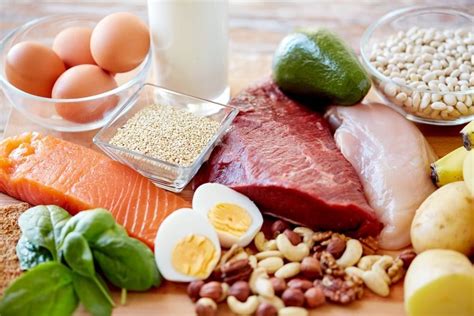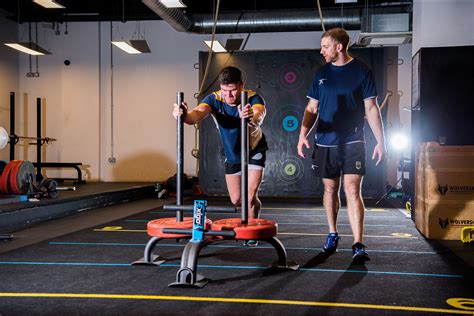Actionable steps to naturally boost testosterone for peak male performance?

Testosterone, often hailed as the cornerstone of male vitality, plays a crucial role far beyond muscle mass and libido. Optimal levels contribute to energy, mood, cognitive function, bone density, and overall well-being. While age naturally brings a gradual decline, many lifestyle factors can inadvertently suppress testosterone, even in younger men. The good news is that numerous natural, actionable steps can help you reclaim and optimize your hormonal health for peak male performance without resorting to synthetic interventions.
The Foundation: Optimized Nutrition
Your diet is a powerful lever for hormone regulation. Prioritizing nutrient-dense foods is paramount. Focus on consuming adequate amounts of healthy fats, such as those found in avocados, nuts, seeds, and olive oil, as cholesterol is a precursor to testosterone. Zinc, a vital mineral, directly impacts testosterone production; incorporate zinc-rich foods like oysters, beef, pumpkin seeds, and lentils. Vitamin D, often referred to as a pro-hormone, is also critical. Ensure you get enough sun exposure or supplement if necessary, and include foods like fatty fish (salmon, mackerel) and fortified dairy.
Conversely, minimize processed foods, excessive sugars, and trans fats, which can disrupt hormonal balance and contribute to inflammation and weight gain, both detrimental to testosterone levels.

The Power of Movement: Strategic Exercise
Not all exercise is created equal when it comes to boosting testosterone. High-intensity interval training (HIIT) and heavy strength training are particularly effective. Lifting heavy weights, especially compound movements like squats, deadlifts, bench presses, and rows, stimulates a significant hormonal response. Aim for 3-4 strength training sessions per week, focusing on progressive overload.
HIIT, characterized by short bursts of intense anaerobic exercise followed by brief recovery periods, has also been shown to elevate testosterone. However, avoid chronic, excessive endurance training, which can sometimes lead to an increase in cortisol (the stress hormone) and a subsequent decrease in testosterone.

Rest and Rejuvenation: Prioritizing Sleep
Sleep is arguably one of the most overlooked yet crucial components of hormonal health. Most of your daily testosterone production occurs during sleep. Chronic sleep deprivation, even just a few hours less per night, can significantly reduce testosterone levels. Aim for 7-9 hours of high-quality sleep consistently.
To optimize your sleep environment, ensure your bedroom is dark, cool, and quiet. Establish a regular sleep schedule, even on weekends, and avoid screens (phones, tablets, computers) at least an hour before bedtime to minimize exposure to blue light, which can interfere with melatonin production.

Mind Over Matter: Stress Reduction Techniques
Chronic stress is a testosterone killer. When you’re stressed, your body releases cortisol. Elevated cortisol levels directly compete with testosterone production, effectively lowering your T-levels. Incorporating stress-reduction techniques into your daily routine is vital.
Practices such as meditation, deep breathing exercises, yoga, spending time in nature, or engaging in hobbies you enjoy can significantly lower cortisol and create a more favorable hormonal environment. Prioritizing mental well-being is not just about feeling good; it’s a direct pathway to better physical health, including optimal testosterone.

Smart Lifestyle Choices and Judicious Supplementation
Beyond the core pillars, several lifestyle factors contribute. Avoid endocrine-disrupting chemicals found in plastics (BPA), certain cosmetics, and pesticides, as these can mimic hormones and disrupt natural production. Limit alcohol consumption, as excessive intake can negatively impact testosterone.
While diet and lifestyle are primary, certain supplements can offer support where deficiencies exist. Magnesium and zinc deficiencies are common and can impact T-levels; consider supplementation if your dietary intake is insufficient. Vitamin D is another key player often needing supplementation, especially in regions with limited sunlight. Always consult with a healthcare professional before starting any new supplement regimen.
Conclusion
Boosting testosterone naturally for peak male performance is an achievable goal that hinges on a holistic approach. By consistently implementing strategies for optimized nutrition, strategic exercise, prioritizing quality sleep, and effective stress management, you can create an environment where your body thrives and produces testosterone optimally. These actionable steps don’t just elevate your hormone levels; they lay the groundwork for enhanced energy, mood, cognitive function, and overall vitality, paving the way for a healthier, more robust you.









